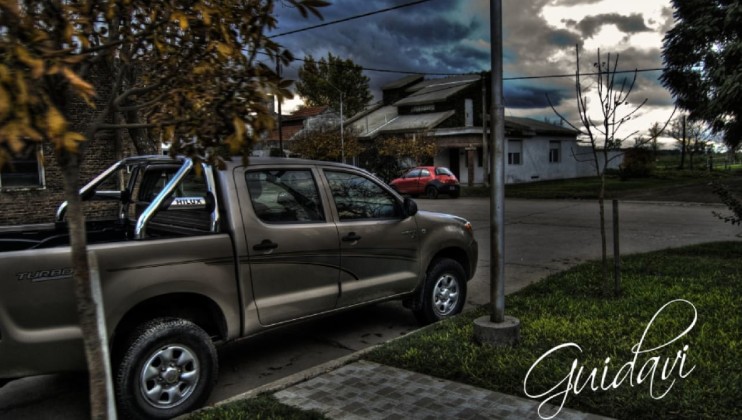Eco Adventure with the Toyota Hilux: A Classic Car Lover's Perspective


First and foremost, the Hilux's fuel efficiency is a critical factor. With the increasing emphasis on reducing carbon footprints, a vehicle's miles per gallon (MPG) rating is more important than ever. The latest models of the Hilux have made strides in this area, offering competitive fuel efficiency for a pickup truck. While it may not rival the hybrid or electric vehicles in terms of MPG, it certainly holds its own in the realm of traditional combustion engines.
One of the standout features of the Hilux is its ability to tackle diverse terrains while maintaining respectable fuel economy. On a recent eco-friendly route through the countryside, I found the Hilux to be surprisingly efficient. The combination of its robust engine and advanced transmission system allows for smooth transitions and optimal fuel usage, even on challenging paths. This is a testament to Toyota's commitment to innovation while preserving the essence of what makes the Hilux a classic.
Another aspect worth noting is the Hilux's environmental impact beyond just fuel consumption. Toyota has been proactive in incorporating eco-friendly materials and manufacturing processes in their vehicles. The Hilux benefits from these advancements, featuring components made from recycled materials and a production process that aims to minimize waste and emissions. This holistic approach to sustainability is commendable and aligns with the growing demand for greener vehicles.
Performance-wise, the Hilux does not disappoint. Its powerful engine options, ranging from a 2.4-liter turbo diesel to a 2.8-liter turbo diesel, provide ample power for both on-road and off-road adventures. The vehicle's suspension system is designed to absorb shocks and provide a comfortable ride, even on uneven terrains. This balance of power and comfort is a hallmark of the Hilux, making it a versatile choice for eco-conscious drivers who do not want to compromise on performance.
However, it's essential to address the elephant in the room – the Hilux is not an electric vehicle. In an era where electric and hybrid vehicles are gaining traction, the Hilux's reliance on traditional fuel sources may be seen as a drawback. Nevertheless, for those who require a reliable and rugged vehicle that can handle demanding tasks, the Hilux remains a top contender. Its fuel efficiency and eco-friendly manufacturing practices do mitigate some of the environmental concerns associated with combustion engines.
In conclusion, the Toyota Hilux stands as a testament to the possibility of blending classic design with modern eco-friendly innovations. While it may not be the greenest vehicle on the market, it offers a balanced approach to sustainability without sacrificing the qualities that have made it a legend in the automotive world. For classic car lovers like myself, the Hilux represents a bridge between the past and the future, a vehicle that honors its heritage while embracing the need for environmental responsibility.
Specifications
| Specification | Value |
|---|---|
| Engine | 2.8-liter turbo diesel |
| Horsepower | 201 |
| Fuel type | Diesel |
| Mpg | 28 |
| Transmission | 6-speed automatic |
| Drive type | 4WD |